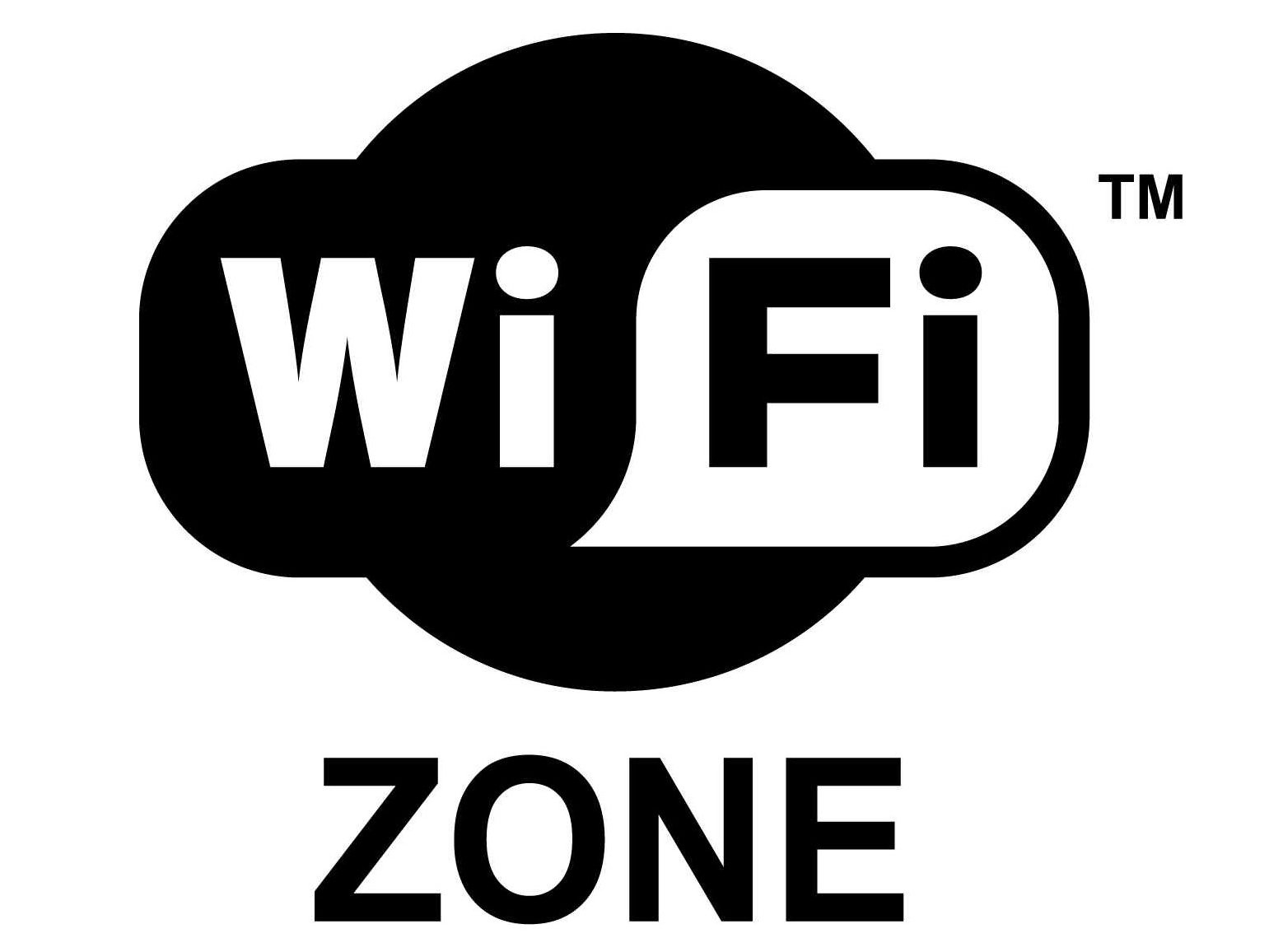Why it's the end for public Wi-Fi
Is there any tech the Government can't wreck?

If you haven't seen it already, Richard Gale's fake trailer for The Horribly Slow Murderer With The Extremely Inefficient Weapon is wonderful and hilarious.
The trailer is also a pretty good illustration of what the Government's doing to our internet freedoms, so you might want to watch it before you read the rest of this.
Done that? Good.
The Extremely Inefficient Weapon isn't a particularly good weapon, it has to be said, but over time it drives its victim crazy. The Government's a bit like that.
Boink! Insane plans to monitor everyone's online activity. Boink! Plans to slow down alleged file sharers' connections so they struggle with email, let alone anything useful. Boink! Forcing ISPs to spend between £360 million and £420 million per year on pointless anti-piracy systems.
And then the Government swaps its Extremely Inefficient Weapon for a rocket launcher. WHOOOOOOOOSH! BWAAAAAAP! Bye-bye, public Wi-Fi!
We're not exaggerating. Public Wi-Fi is already under threat. This week it was reported by ZDNet that a British pub with a wireless hotspot had been fined £8,000 for customers' illegal downloads, and while the story seems odd - details are sketchy, but it's much more likely that the sum is an out of court settlement rather than a fine handed down by a court - the prospect of open Wi-Fi operators being sued silly by cash-happy legal firms isn't hard to envisage.
Get daily insight, inspiration and deals in your inbox
Sign up for breaking news, reviews, opinion, top tech deals, and more.
But that's nothing compared to what the Digital Economy Bill is up to.
Under the proposed new regime, Wi-Fi will work like this. You can choose between one of two options: either you're essentially an ISP, in which case you'll need to become a copyright cop and police the connections of anyone using your network at great expense, or you're not an ISP, in which case you're responsible for any dodgy downloads.
Placing impossible demands on providers
As Lilian Edwards, professor of internet law at Sheffield University, puts it in The Guardian, the intention of the Bill "is to ban open Wi-Fi so that it cannot be used as an excuse when (whenever that is) the opportunity comes to repel the unfounded allegations of infringement which generate the warnings."
Edwards suggests that the law would place impossible demands on closed Wi-Fi providers, too: identifying alleged infringers "will be fiddly and expensive though and the cost of Wi-Fi to [places such as] McDonalds would probably go up so much it would be uneconomic to supply. Bang goes a free service which has proved a public boon and a remarkably popular enticement to customers in the ongoing recession."
Maybe it's that the Bill is badly drafted, or maybe it's that the Government still doesn't understand the internet - which, given its importance to our economy, is a pretty terrifying thought. Or maybe it's a global conspiracy that involves everyone from the Freemasons to The Nolans.
Whatever the reason, what we've got here is a War on Piracy, which we're sure will be as cost-effective, as precisely targeted and as successful as the War on Drugs and the War on Terror - and it's a war in which public Wi-Fi looks set to be an early casualty.
Writer, broadcaster, musician and kitchen gadget obsessive Carrie Marshall has been writing about tech since 1998, contributing sage advice and odd opinions to all kinds of magazines and websites as well as writing more than a dozen books. Her memoir, Carrie Kills A Man, is on sale now and her next book, about pop music, is out in 2025. She is the singer in Glaswegian rock band Unquiet Mind.
